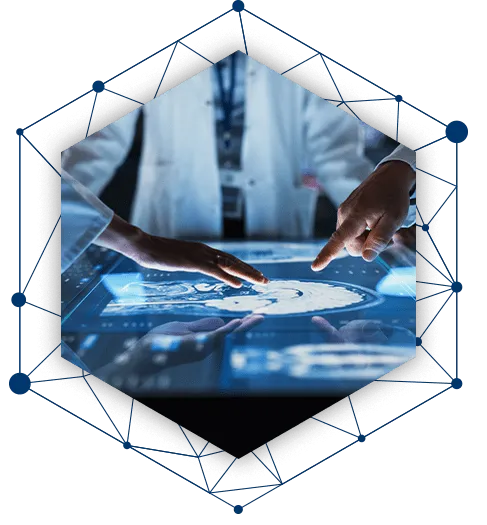
NEURO360 aims to transform St. Louis’ emerging neuroscience ecosystem into a thriving Engine.
In conjunction with our region’s leaders in academia, community organizations, entrepreneurs, government, healthcare, venture capital and workforce development, NEURO360 envisions a thriving neuroscience ecosystem in the St. Louis region.
Leveraging St. Louis’ nationally recognized research in neuroscience and neurotechnology, bolstered by a new, state-of-the-art academic neuroscience research building – the largest of its kind in the country – NEURO360 will continue driving momentum toward expanding world-class academic research, developing bioscience and tech innovation ecosystems, building innovation districts, and creating regional strategic plans such as the STL 2030 Jobs Plan. Together, we aim to strategically improve the economy through innovation and entrepreneurship, setting a new standard for the future of neuroscience.
Accelerate neuroscience-driven innovation by integrating research, industry, investment, and workforce development—making St. Louis as a national leader in neurotechnology, cognitive systems, and next-generation industries.
Establish St. Louis as the global leader in neurotechnology and cognitive innovation, where neuroscience- fuels new industries, enhances human potential, and transforms regional economies.
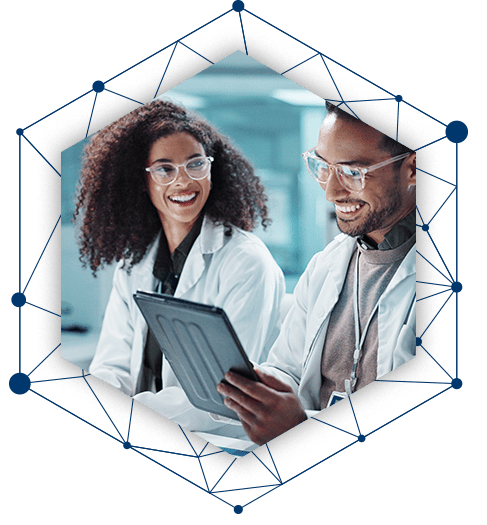
NEURO360’s tech innovation plan focuses on four Innovation Nodes that align academic research, industry collaboration, workforce training, and community engagement.
Advancing brain-computer interfaces, neural imaging tools, and stimulation devices
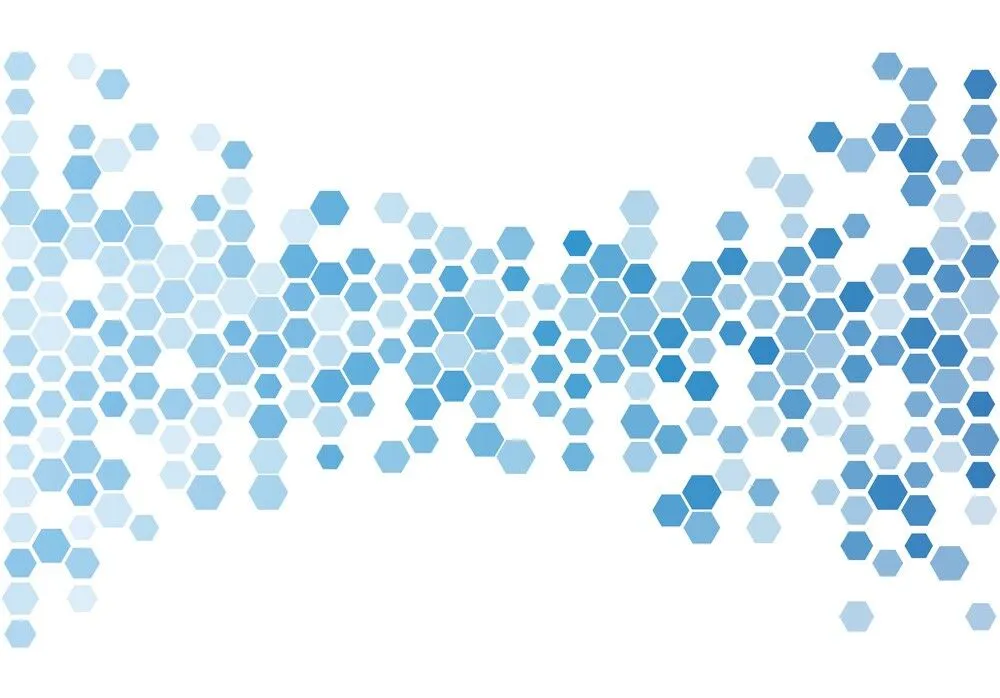
Bridging neurogenomics, neurodegenerative disease research, and molecular therapeutics

Harnessing AI, neuromorphic computing, and mobile health applications

Ensuring neuroscience innovations benefit the workforce and public health applications

Each area of focus is co-led by regional universities and supported directly with input from stakeholders, scientists and experts, ensuring Neuro360’s efforts and integrated and fully leverage St. Louis’ assets.
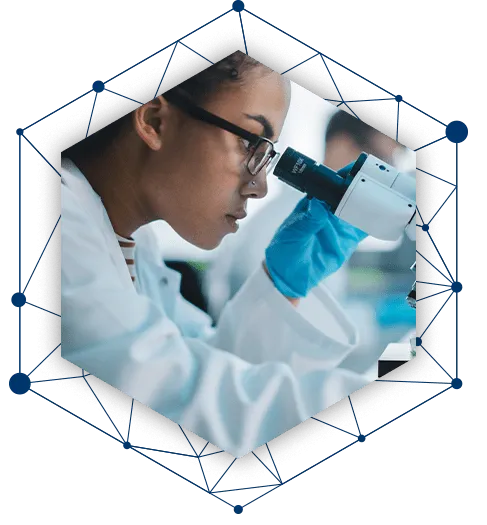
St. Louis is poised to become a national leader in neuroscience and neurotechnology, with substantial potential for commercialization and equitable job creation. NEURO360 will accelerate the developing neuroscience innovation ecosystem across the St. Louis Region, which includes the City of St. Louis and 14 surrounding counties.
For more than two decades, BioSTL, a nonprofit coalition, has driven the region’s innovation economy through the creation of critical infrastructure like the Cortex Innovation District, over $1 billion in venture capital funds, and the BioGenerator commercialization center.
The region boasts significant research strength, including a new $616 million neuroscience research building at
Washington University, one of the largest in the world. St. Louis University and the University of Missouri-St. Louis also contribute critical research and support through their respective neuroscience and mental health institutes.
Industry support is strong, with major firms like MilliporeSigma and Pfizer, biotech companies such as C2N, and startups like Avadel Pharmaceuticals driving innovation. The planned $1 billion expansion of the John Cochran VA Medical Center, including a specialized neuroscience unit, further underscores the region’s capacity for advancements in neuroscience applications and commercialization.
NEURO360 is a multi-sector coalition of 40+ institutions and stakeholders, and this network continues to expand. Partners contribute the research, commercialization expertise, workforce development infrastructure, and capital to make St. Louis a national neuroscience hub. NEURO360 builds off the convening infrastructure of the BioSTL Coalition, a broad civic partnership of 50+ business, science, academic, philanthropic, and public-sector leaders, to coordinate activities across the region of service. NEURO360 will deepen long-standing partnerships between strategically relevant stakeholders across the regional neuroscience ecosystem, building on St. Louis’ world-class bioscience sector.
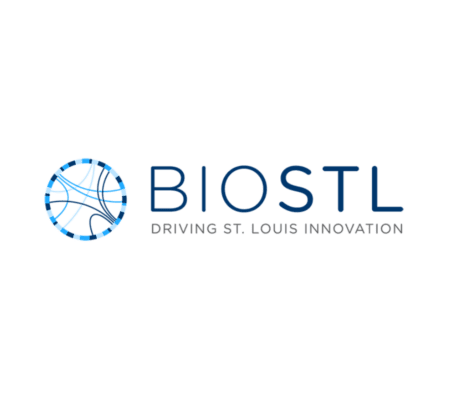
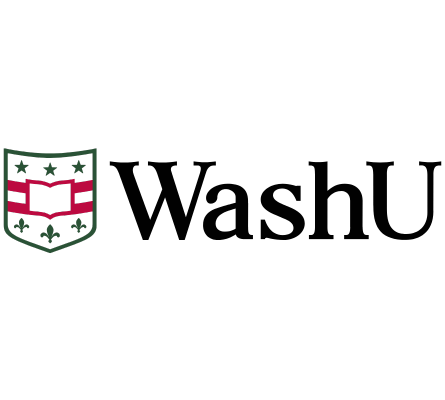
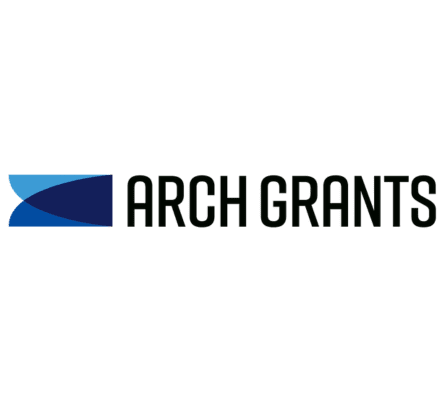

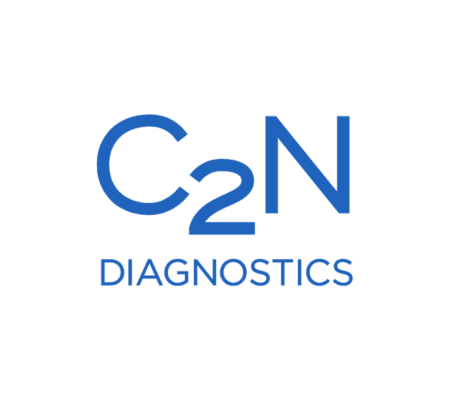


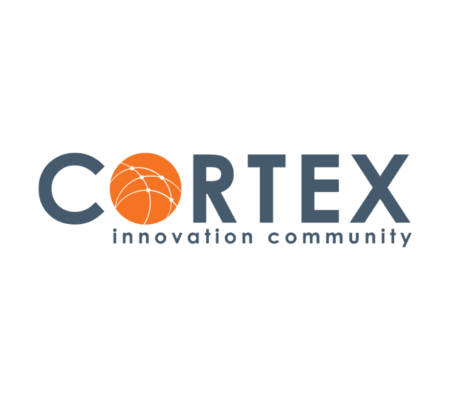


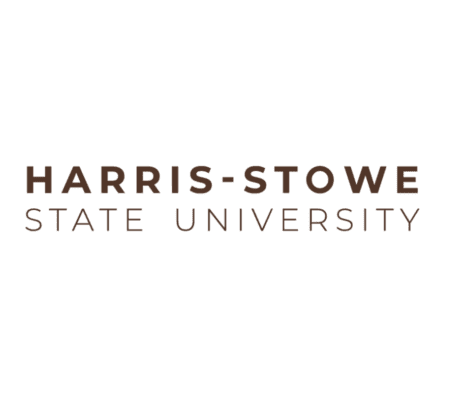

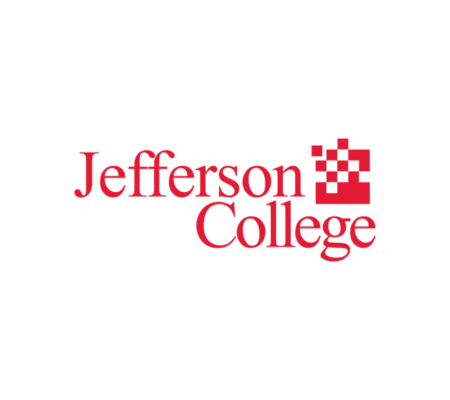

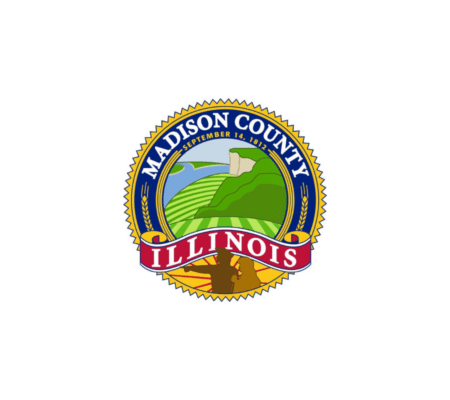
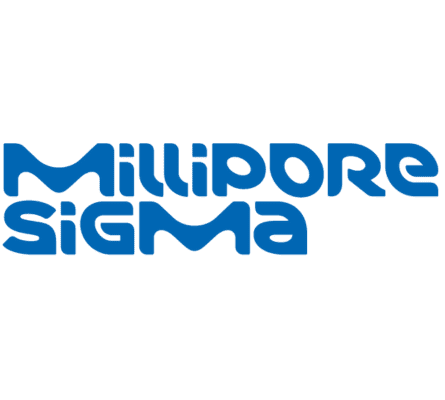

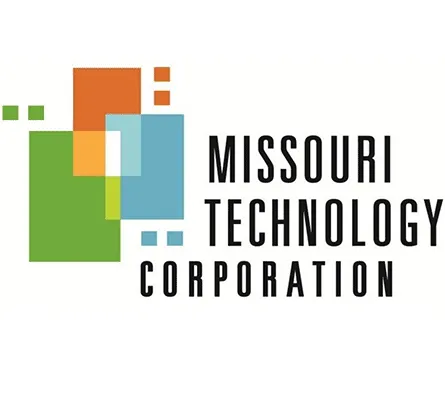
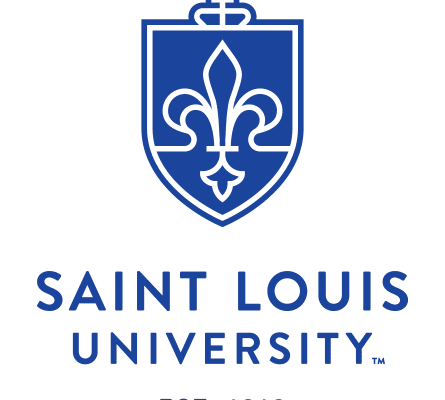
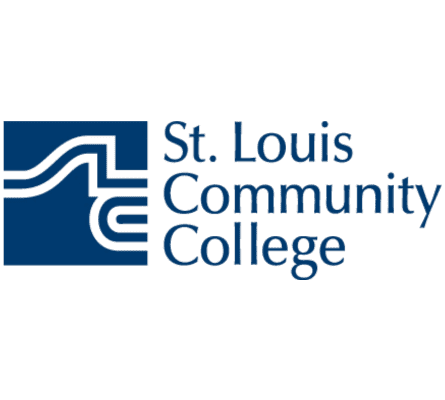
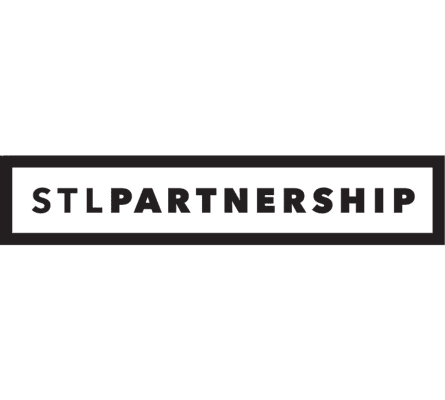


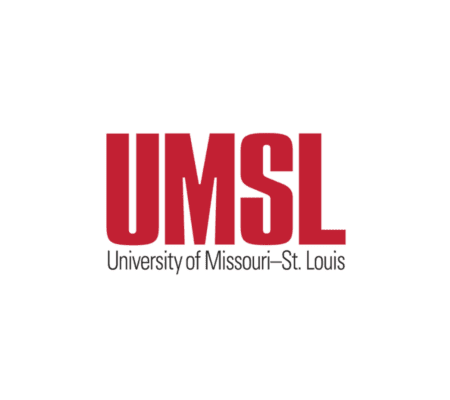
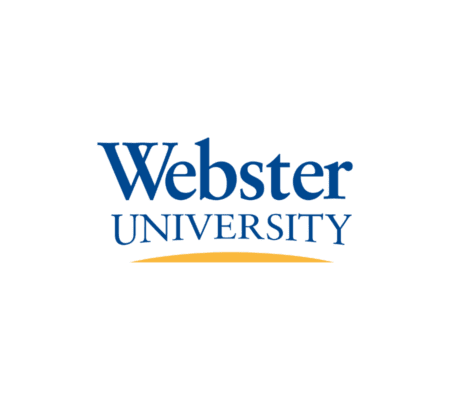
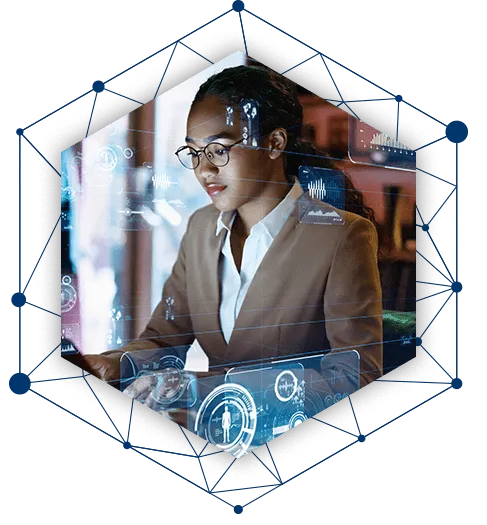

This material is based upon work supported by the NSF Engines Development Award/ITE-2306365 for NEURO360 funded by the National Science Foundation.